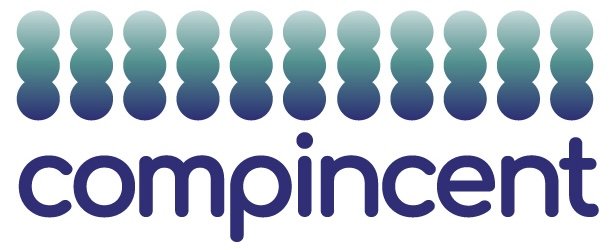Understanding sales incentives: bonuses vs. commissions
It’s definition time! We’re going to cover some basic but important concepts in this blog. If you’re a bonus and commissions or SPM specialist, you’ll likely know all about the differences and benefits: feel free to scroll on by! But if you’re introducing new recruits to these fundamentals, you may find our blog a useful training aid. And if you’re less knowledgeable and want to get informed, this could be a good starting point.
Choosing the right incentive structure is crucial for motivating sales teams, boosting productivity, and driving company growth. While both bonuses and commissions serve as variable compensation, they differ in their nature, frequency, calculation, and motivational impact. This summary explores what these differences are and how bonus and commission are typically used to best effect in.
Understanding the mechanisms of commission and bonus
Commissions are recurring payments directly linked to individual sales or deals. They act as a continuous incentive, rewarding salespeople for every transaction. They’re usually calculated on a percentage of income or profit from each sale, leading to regular payouts (monthly, annually or at other agreed intervals).
This structure directly ties an individual’s effort to their earnings, fostering a consistent drive for sales performance and rewarding high performers. Common structures include commission-only or straight commission (remuneration is entirely sales-based), variable commission (payouts are linked to revenue or profit margins) and hybrid models (a base salary plus commission elements.)
Bonuses are lump-sum payments awarded for meeting specific criteria or reaching milestones, paid annually or periodically. They can reward a range of behaviours and achievements, including individual or team targets, corporate financial success or customer experience measurements.
Bonuses are particularly well-suited to organisations with structured performance evaluations. They reward strategic success rather than reflecting individual sales transactions.
Motivational impact and business alignment
Bonuses and commissions influence employee motivation in different ways. Commissions provide immediate and continuous rewards, keeping salespeople consistently motivated by directly linking their ongoing efforts to their earnings. This can lead to high individual drive and a focus on quantifiable performance.
Bonuses reinforce goal completion and overall company success. They can drive focus on strategic priorities and long-term achievements. They may offer greater financial predictability for employees when they relate to macro-performance where progress is clearly visible. But because bonuses are tied to milestones, not ongoing performance, they might not provide continuous motivation throughout the year, potentially leading to fluctuations in productivity.
Commissions offer continuous rewards for ongoing, targeted effort, while bonuses recognise achievements over a longer period.
Optimal conditions: commission and bonus in practice
Commission-based plans are:
- Common in sectors like IT (hardware, software or services), property, retail and car sales
- Suited to quick, predictable, large-volume sales environments
- Effective for staff motivated by consistent, quantifiable results
- Designed to connect personal effort to financial reward
Bonus-based plans are:
- Geared to incentivising towards significant milestones or strategic goals
- Useful for complex sales and qualitative goals, where innovation and other broader measures count highly
- Likely to provide more stable income potential for workers
- Great for motivating collective or team success
For the best of both worlds, you could adopt a hybrid model to balance financial stability with performance incentives, combining the benefits of both structures. If your business depends on teamwork or has a long sales cycle this can work very well.
